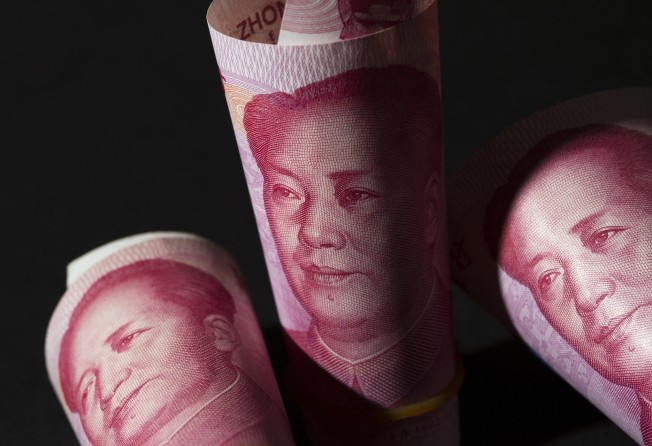
China Properties drops plans for yuan bonds in favour of US currency debt

China Properties Group has abandoned plans to sell yuan-denominated bonds in favour of notes denominated in US dollars as mainland developers return to US currency debt markets.

"Supply has started to pick up again as markets have stabilised and rates continue to remain low," said Michele Barlow, head of Asia-Pacific credit and convertible bonds research at Bank of America.
"This environment brings out opportunistic issuers, particularly on the investment-grade side."
Developer New World Development, is marketing seven-year dollar debentures at a spread of about 340 basis points.
Property companies comprise 67 per cent of issuance from the mainland and Hong Kong so far this year, compared with almost 80 per cent for the same period last year.
Beijing Energy Investment, which invests in energy and electric power generation assets, is also marketing three-year notes at a spread of about 245 basis points more than Treasuries, another source said.
Sun Hung Kai Properties sold US$400 million of 10-year 3.375 per cent bonds at a 205 basis-point spread on Tuesday. The notes are rated A1 by Moody's Investors Service.
"In the investment-grade space, the low rates have investors reaching for yield with property bonds offering some of the widest spreads," Barlow said.
The Markit iTraxx Asia index of 40 investment-grade borrowers outside Japan was also little changed at 132 in Singapore yesterday morning. It has ranged from 129.3 basis points to 153.5 basis points this year.
Credit-default swap indices are benchmarks for insuring bonds against default and traders use them to speculate on credit quality. A drop signals improving perceptions of creditworthiness, while an increase suggests the opposite.
The swap contracts pay the buyer face value in exchange for the underlying securities if a borrower fails to meet its debt agreements.